An international NGO, Sightsavers Nigeria, says it will provide free cataract surgery for 150 adults in remote communities of Shendam, Mangu and Pankshin Local Government Areas of Plateau.
The organisation’s Communications Officer, Ms Joy Tarbo, disclosed this in a statement in Abuja on Monday, ahead of the World Sight Day celebrated every Oct. 13.
Tarbo said the organisation would also engage in free eye health education, screening and provision of spectacles for drivers in FCT motor parks and the National Assembly.
She said the programme was in collaboration with the Ministry of Health, Federal Capital Territory Administration and the Federal Ministry of Transport.
According to her, the lingering eye health crisis in the country will continue to spiral if priority is not given to the eye health system.
Tarbo said a 2007 report showed an estimated 1.1 million Nigerians were blind while over 403,000 others, aged 40 year and above, have severe vision impairment.
She said the number would be significantly higher now, adding that Nigeria should give priority to eye health system.
Tarbo said eye impairment has ripple effects on society, including areas of education, wellbeing, economics and health of citizens.
The NGO’s Country Director, Dr Sunday Isiyaku, called for “continued cross-sector collaboration, well-resourced interventions, funding, and commitments” to tackle the eye health burden in Nigeria.
“These will integrate inclusive eye health into wider health, education, employment, and development systems.
“We need all stakeholders, particularly the government and professional bodies, to rise to the challenge and meet the demand for services in the country,” he said.
Isiyaku added that the intervention would enable the country to meet the UN Sustainable Development Goals (SDGs) on inclusiveness and improving the health sector.
Also, Dr Selben Penzin, Senior Program Manager for Eye Health at Sightsavers, said the country should not be complacent and must build on recent successes.
“The government and other organisations are already working hard to improve eye health, but we cannot afford to be complacent and must build on recent successes.
” For example, an eye health policy has been approved by the government, but this needs to be translated into action to ensure no Nigerian is deprived of quality eye health.
“The eye health crisis is not inevitable; we can stop it if we come together to act now.
“By increasing the attention eye care is given, recognising how integral it is to every facet of life.
“And focusing on gender and disability inclusion, we will reduce inequality and help achieve the United Nations’ Sustainable Development Goals,” she said.
Penzin also said the organisation was working with the government and other partners to improve access to eye health services and cataract surgery for children in Northwest and Kogi. (NAN)



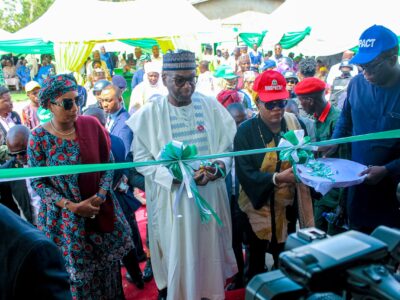
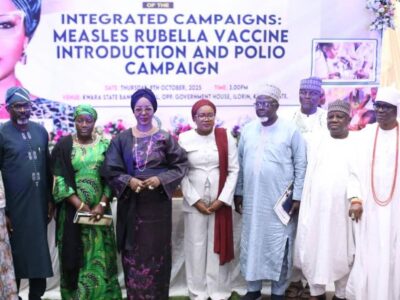
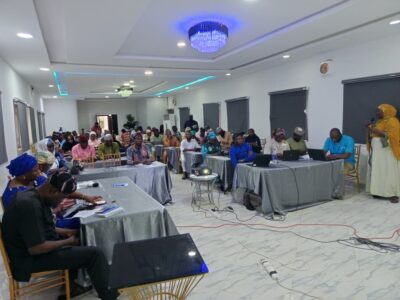
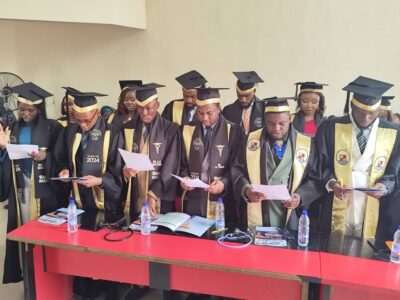
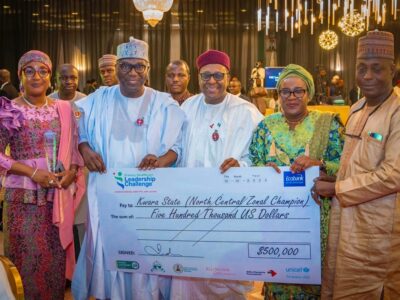
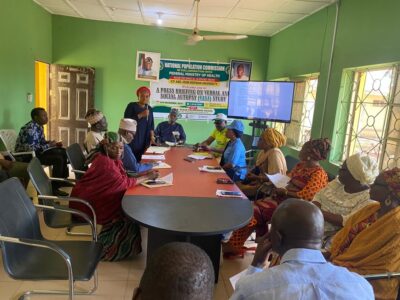

Comments